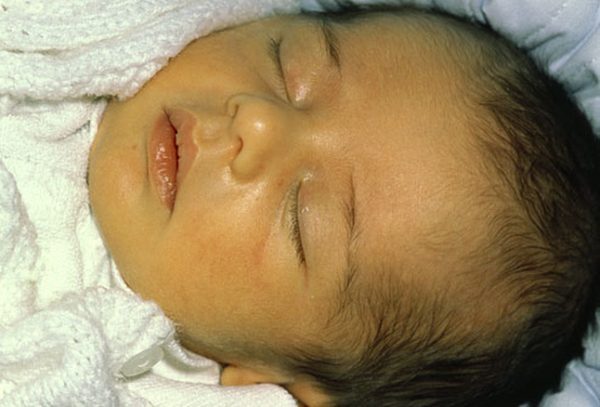
Changing lifestyle patterns and increasing obesity rates are probably some of the reasons why Diabetes in pregnancy or gestational diabetes is quite common these days. Around 2 million women all over the world suffer from diabetes at a reproductive age and this number seems to be rising annually. This is something that can have both short-term and long-term health implications for both the mother and the baby and hence ought to be managed well during pregnancy. Every woman of childbearing age with diabetes must be given counselling about the need for tight glycaemic control even before conceiving.
Miscarriage, pre-eclampsia, complications due to huge weight of baby, Diabetic retinopathy, Diabetic kidney disease & severe hypoglycaemia resulting in confusion or unconsciousness, preterm labour and congenital malformations of brain, heart or spine in foetus and even foetal death are some of the risk factors associated with gestational diabetes. With each trimester of pregnancy, the insulin requirement will also increase due to the various changes. Diabetes during pregnancy is dealt with more differently than normal diabetes days. A decreased production of insulin is brought about by irregular blood glucose levels and during pregnancy the insulin drop can get much more vigorous. Medical nutrition therapy along with insulin treatment and continuous glycaemic control monitoring are the essential factors of any gestational diabetes treatment.
In a woman with gestational diabetes, the first trimester is often a time when the insulin level can drop drastically so it is important to control the glucose levels before and at the start of pregnancy. With the placenta being fully developed in the second trimester, the hormone levels will also begin to increase along with the increased need for insulin. As the third trimester approaches the absorption of insulin slows down and this can stand in the way of lowering glucose levels. Larger doses of insulin at least 30 to 40 minutes prior to eating may be required. The baby’s final organ development is dependent on tight glucose control during the last trimester. A significant reduction in the insulin requirements can happen right after delivery or in the 24 hours after delivery. Unpredictable eating and sleeping schedules after the baby can also be challenging to manage diabetes. Keep checking glucose levels regularly and reduce insulin dosages as well because during and after feeding the mother’s glucose levels can keep going down quite fast.
A woman with gestational diabetes has 50% chances of developing type 2 diabetes in the future. Pregnancy should be a positive experience and so with a little timely care gestational diabetes can be managed well.Keep a check on diabetes at least six times daily especially before a meal and one hour after a meal.Fasting and pre-meal glucose levels should be between 60 and 95 mg/dl, and one-hour post-meal readings should be between 100 and 129 mg/dl. Don’t skimp on doctor visits. Meet a dietician-nutritionist for pregnancy diet plans. Make sure a registered endocrinologist or a diabetologist or an obstetrician who have experience treating women with diabetes is in the picture. Pregnant women should be more careful of medicines and supplements that they take to keep themselves healthy and these should not be taken without consulting the doctor. Light activities and exercises are great for women with gestational diabetes. Keep a close check on the ketone levels as an increase can be detrimental.
For enquiries and online appointments, send a message to www.KJKHospital.com/contact
For more details, visit www.KJKHospital.com





